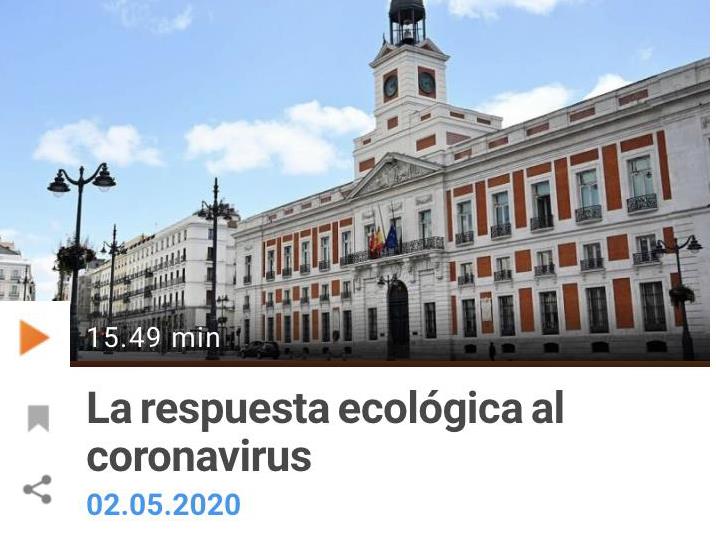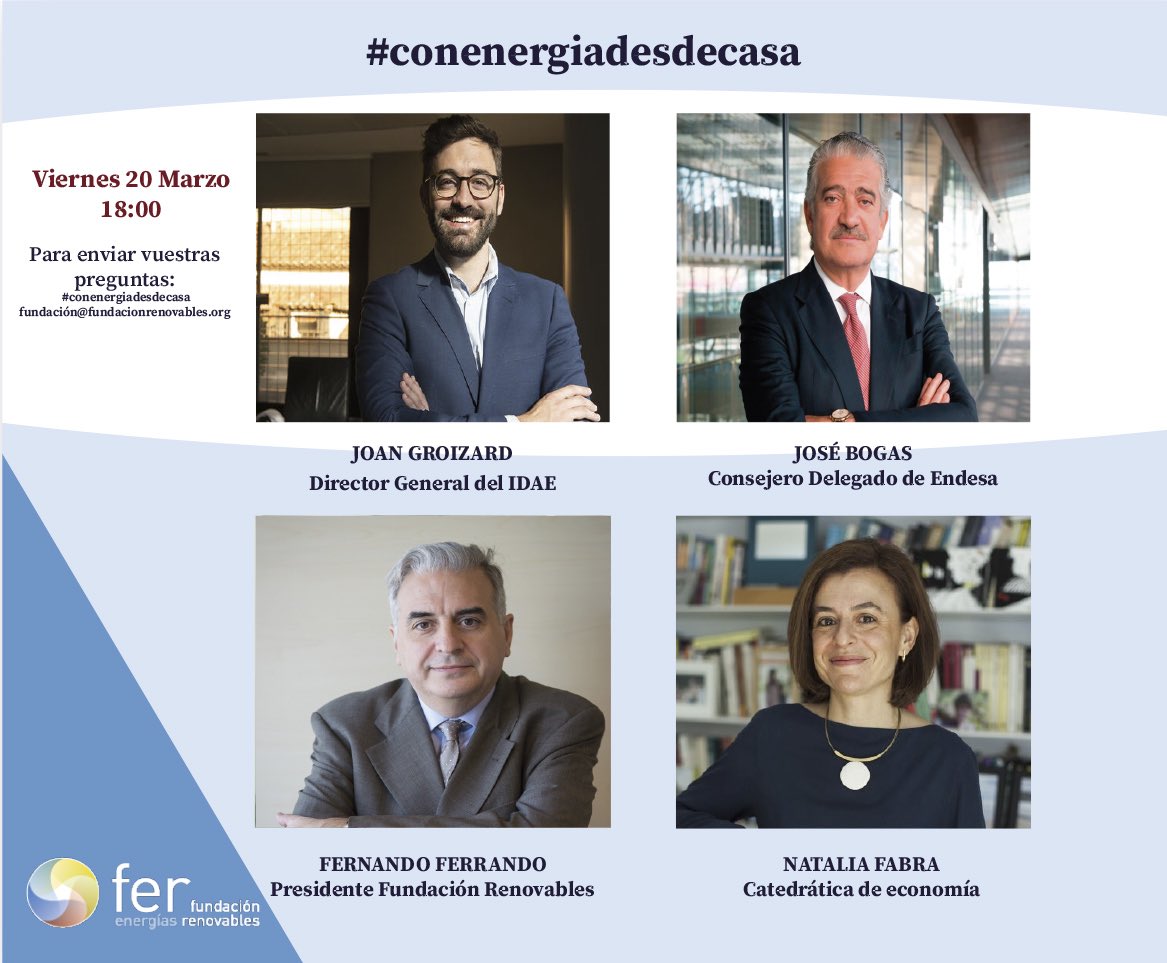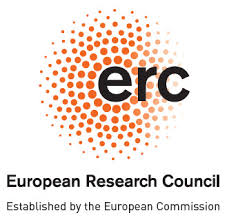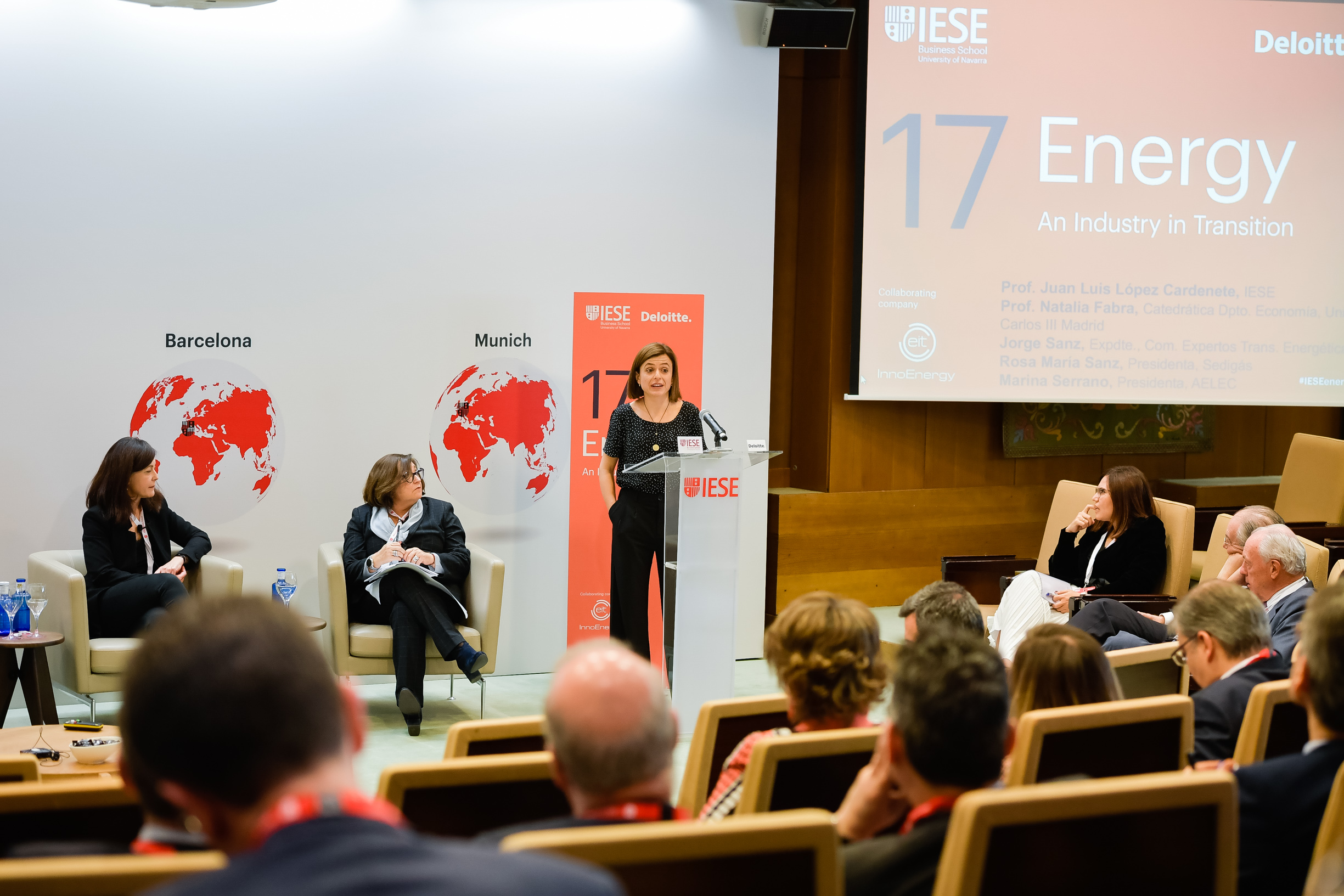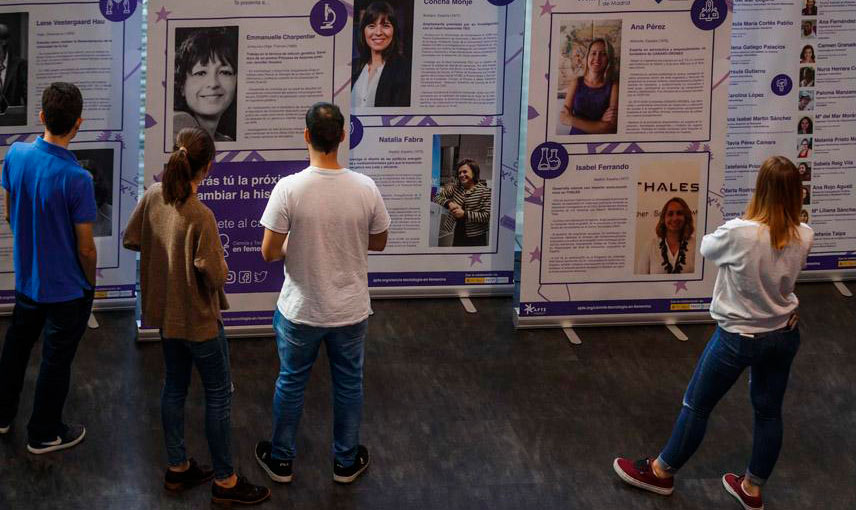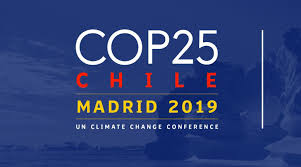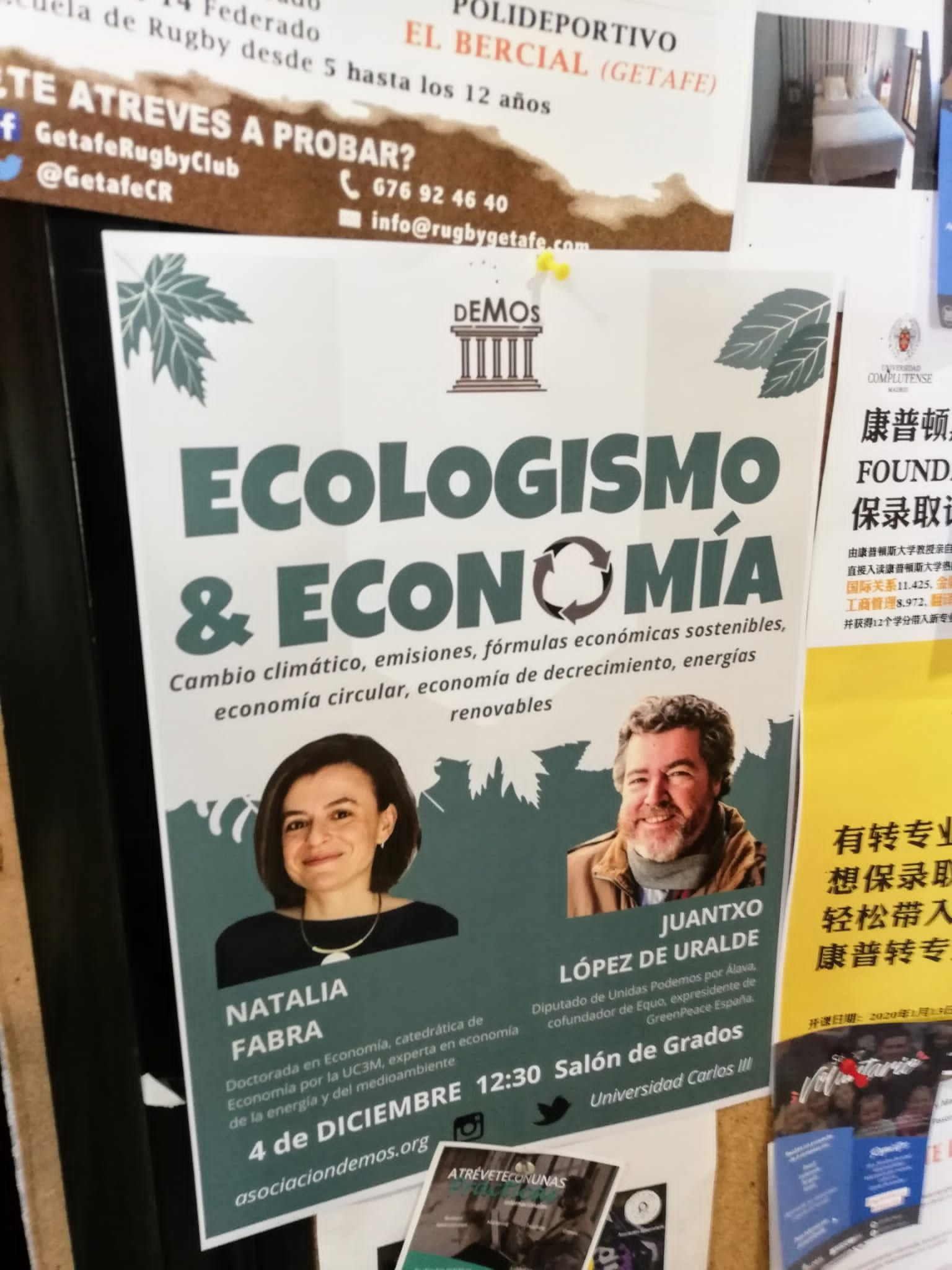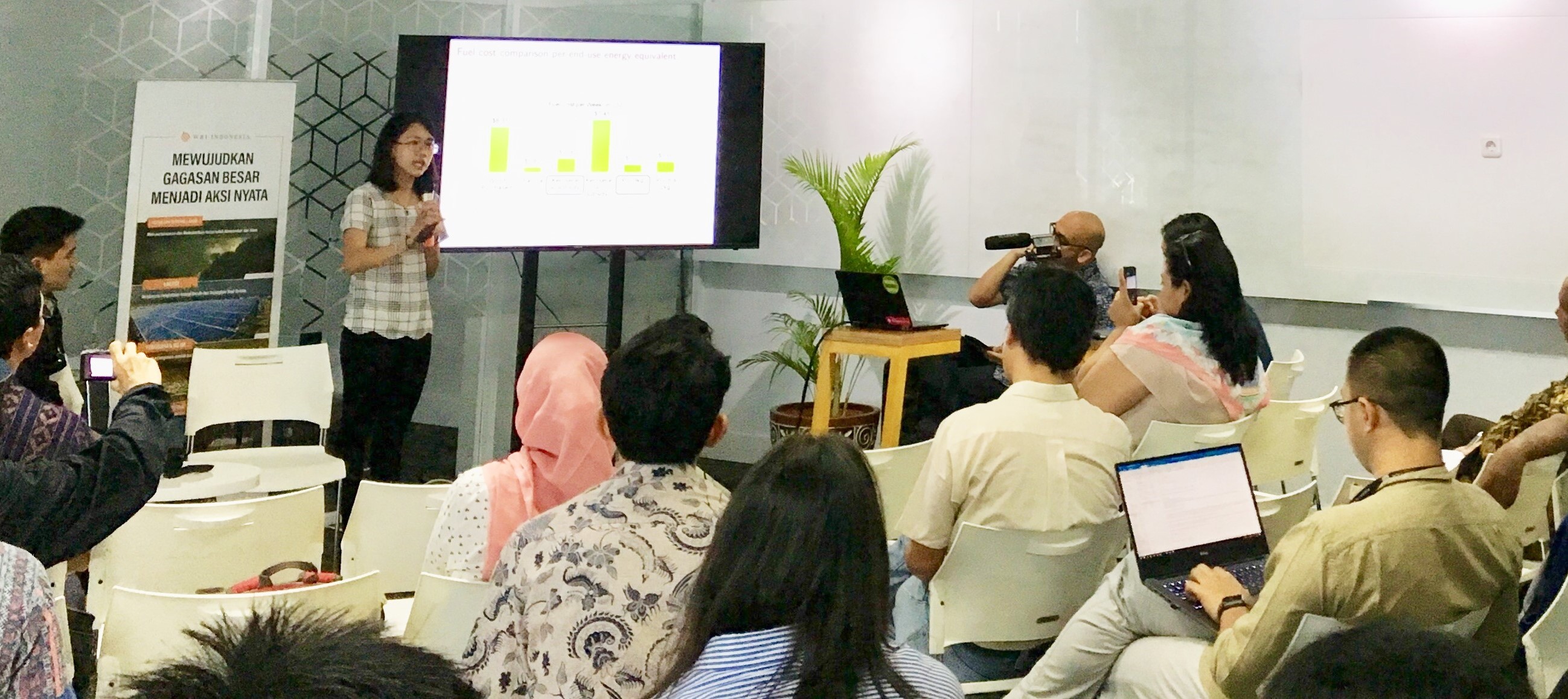The CEPR, together with a group of Industrial Organization Economists in Europe, are launching a new initiative: the CEPR Virtual Industrial Organization Seminar (VIOS). VIOS provides a short-run alternative to IO seminars cancelled due to travel restrictions brought on by the Coronavirus. The long-run goal, however, is to turn it into a permanent platform for sharing the benefits of regular IO seminars. Seminars will be balanced between both theoretical and empirical approaches to IO.
The first seminar will be on Wednesday 8th April 2020, at 4:00 p.m. CET. The speaker will be Chiara Farronato (HBS). Details including seminar rules, upcoming speakers, paper downloads, etc. are available on the VIOS website: https://sites.google.com/view/virtual-io-seminar/.
In some ways, VIOS is European: in its scheduling, in its affiliation with the CEPR, and in the composition of its scientific committee. For participation, however, it is international: any interested IO scholar is welcome to join.
On behalf of Özlem Bedre-Folie, Daniel Ershov, Natalia Fabra, Rachel Griffith, Alessandro Iaria, Gerard Llobet, and Nicolas Schutz (VIOS Organizing/Scientific committee)
Want to forward to a colleague? Please use
this link (to avoid being accidentally unsubscribed)

